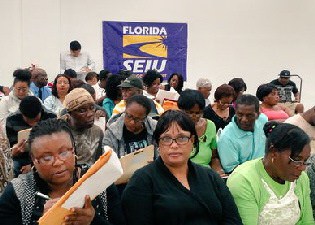JN Money Transfer Implements New Remittance Procedures
KINGSTON, Jamaica – JN Money Services Limited (JNMS), the remittance arm of the Jamaica National Building Society (JNBS), has implemented new procedures for collecting and sending remittances at its JN Money Transfer locations in western Jamaica and the United States of America.
“Effective August 5, 2013, persons who live in the parishes of Westmoreland, Hanover, St. James and Trelawny must collect funds, sent using JN Money Transfer, at locations in their respective parishes,” Leesa Kow, General Manager, JNMS said.
Miss Kow said persons collecting funds that exceed J$100,000 are required to produce two pieces of identification- a driver’s license, elector registration identification card or passport. These two pieces of identification must be presented along with a tax registration number (TRN) card.
Persons collecting funds of J$150,000 or more must present proof of their address, in addition to two pieces of identification and their TRN. Only a utility bill in the name of the person collecting the funds, or a bank statement, which must also be in the name of the money transfer recipient, are accepted as proof of address. A letter from a Justice of the Peace attesting the address of the money transfer recipient may also be accepted.
JNMS operates 18 JN Money Transfer locations in Westmoreland, Hanover, St. James and Trelawny.
The JNMS General Manager said new procedures were also implemented on August 7, 2013 for persons in the US sending funds to Jamaica from any of the 76 JN Money Transfer locations in the US. Miss Kow said no more than US$1000 can be sent in a single transaction at JN Money Transfer branches and no more than US$500 using JN Money Transfer agents.
Persons sending funds that amount to US$999.99 or more are also required to identify their source of funds. In addition, persons using JN Money Transfer for the first time are required to produce identification when sending funds to Jamaica.
“We recognise that this may pose some inconvenience to our customers, but these procedures have become necessary as we seek to maintain the necessary “checks and balances” and mitigate the misuse of our systems for illicit activities,” she said.

